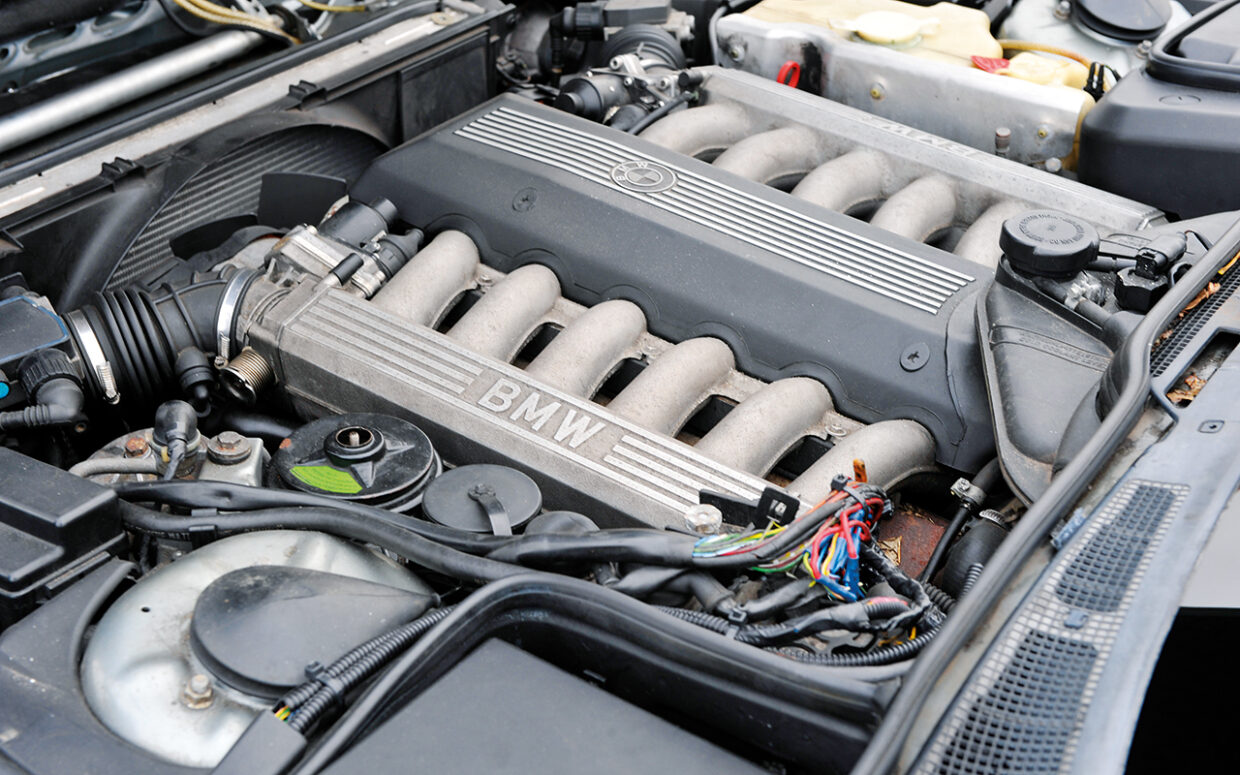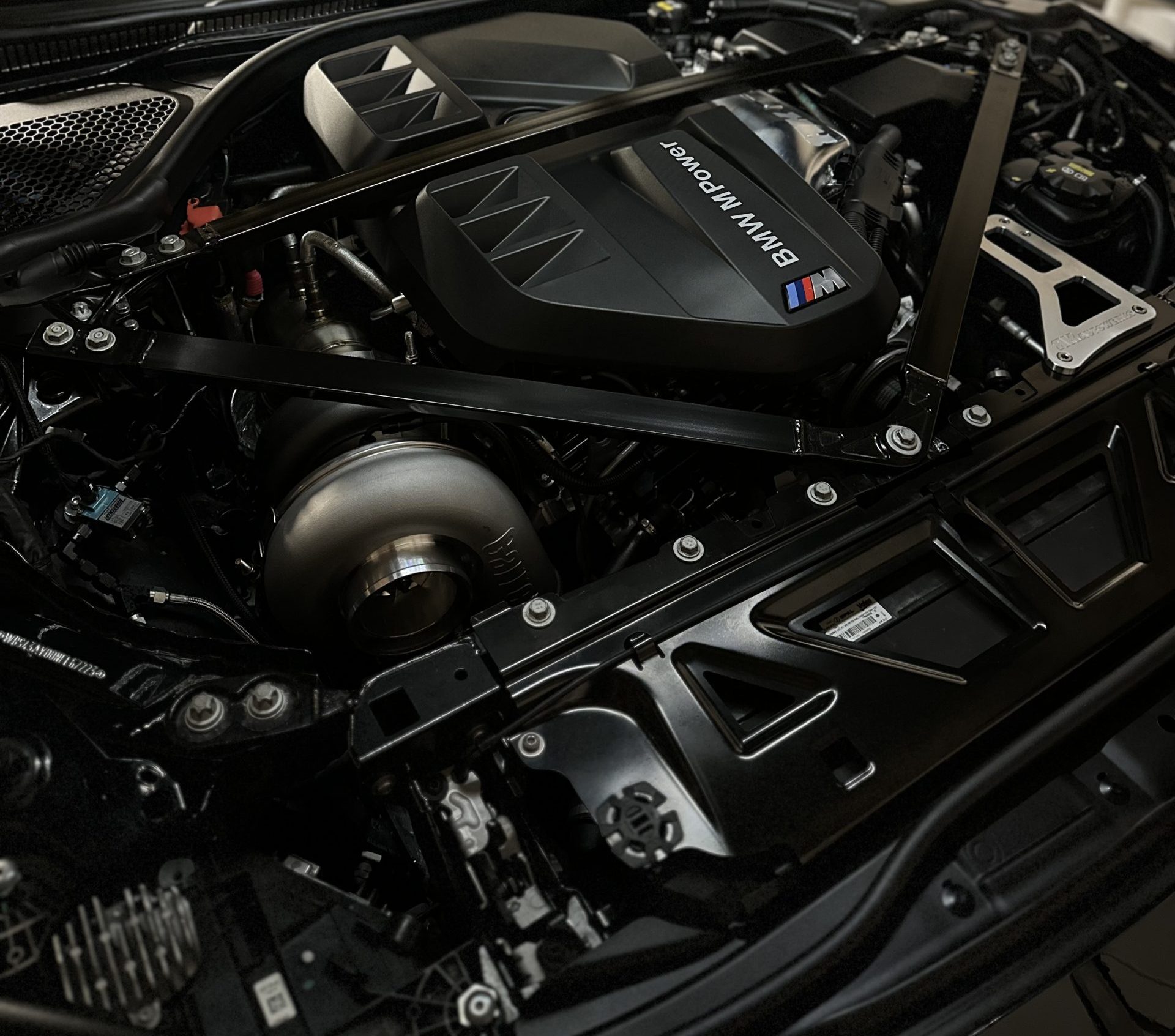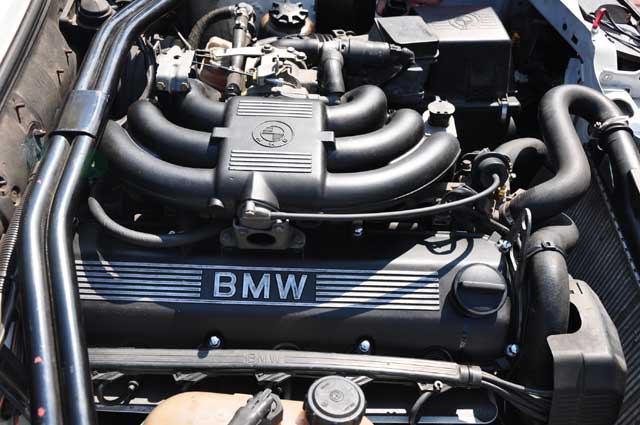Unveiling the Secrets Behind the Power of the BMW Engine
Unveiling the Secrets Behind the Power of the BMW Engine
Blog Article
Introducing the Intricacies of Next-Generation Power Units: a Deep Study Advanced Engine Innovations and designs
As we stand on the precipice of a new era in transport, the intricacies of next-generation engine styles beckon us to explore the sophisticated technologies and advancements that promise to redefine the driving experience. Digging much deeper into the worlds of emission control, smart engine management systems, and the horizon of power device advancement, we locate ourselves on the cusp of a change that assures to improve the landscape of wheelchair as we understand it.
Advancement of Engine Materials

The shift in the direction of progressed engine products has actually also made it possible for engineers to create engines with greater power results while keeping gas effectiveness criteria. The use of light-weight products reduces the overall weight of the engine, leading to improved fuel economy and lower discharges. Furthermore, improvements in materials innovation have permitted much better thermal administration within engines, resulting in increased dependability and long life.
Turbocharging and Supercharging Technologies
Exactly How do Turbocharging and Supercharging Technologies transform engine performance and performance in modern automobiles? Turbocharging and supercharging are innovations that considerably enhance engine efficiency by raising the amount of air consumption into the combustion chamber. Turbocharging accomplishes this by using a wind turbine driven by exhaust gases to pressurize the consumption air, while supercharging makes use of a belt- or chain-driven compressor to accomplish the same effect.
These technologies make it possible for smaller, extra fuel-efficient engines to create power equal to larger ones, called downsizing. Forcibly more air into the cyndrical tubes, turbo charging and turbocharging boost burning performance, leading to raised horsepower and torque outcome without a considerable increase in engine dimension. This leads to much better velocity, towing capability, and general driving efficiency.
Furthermore, supercharging and turbocharging add to enhanced fuel performance by allowing the use of smaller sized engines that eat less gas under normal driving problems - bmw engine. This combination of boosted efficiency and efficiency has made turbocharging and supercharging indispensable components of numerous contemporary engine styles
Emission Control and Environmental Impact
With enhancing international problems regarding air high quality and ecological sustainability, the execution of emission control technologies in cars plays a crucial role in minimizing hazardous contaminants released into the environment. Modern cars are furnished with sophisticated discharge control systems that assist lessen the environmental impact of automotive procedures. Catalytic converters, for circumstances, are made to transform poisonous gases such as carbon monoxide gas, nitrogen oxides, and hydrocarbons right into much less hazardous compounds like carbon dioxide and water vapor.
Additionally, developments in engine technology, such as the combination of exhaust gas recirculation systems and careful catalytic reduction, have significantly contributed to decreasing emissions. These innovations work in tandem to optimize burning effectiveness and reduce the release of harmful pollutants right into the air. home Furthermore, the advancement of hybrid and electrical vehicles represents a crucial action towards reducing the total ecological impact of the transport industry.
Intelligent Engine Monitoring Solution

In addition, these systems allow vehicles to satisfy stringent exhausts standards without endangering performance, offering a much more eco friendly driving experience. The assimilation of expert system and artificial intelligence abilities in engine monitoring systems remains to press the borders of what is possible, causing more enhancements in performance, reliability, and general lorry efficiency. bmw engine. As automotive innovation advances, intelligent engine monitoring systems will certainly play an important duty in shaping the future of transport in the direction of a more sustainable and effective direction
Future Trends in Power Unit Advancement
As smart engine monitoring systems pave the method for boosted control and optimization in modern cars, future patterns in power system growth are positioned to redefine the landscape of automotive propulsion technologies. One of the crucial fads driving innovation in power device development is the shift in the direction of electrification. With a boosting concentrate on sustainability and reducing carbon emissions, crossbreed and electric powertrains are coming to be more prevalent in the automotive sector. These different source of power use improved performance and efficiency while aligning with rigorous environmental regulations.
An additional considerable pattern is the combination of sophisticated products and producing methods. Lightweight materials such as carbon fiber and aluminum are being used to decrease overall lorry weight, improving fuel efficiency and performance. Additionally, advancements in 3D printing and additive production are allowing the production of intricate site engine elements with greater precision and sturdiness.
Additionally, expert system and device understanding are playing a vital role in great post to read maximizing power system efficiency. These innovations permit real-time tracking and flexible control, resulting in extra effective and dependable power distribution. Overall, future fads in power unit growth are geared towards sustainability, performance, and performance, driving the automotive market in the direction of a brand-new era of propulsion innovations.

Conclusion
To conclude, the developments in engine products, turbocharging, emission control, and smart administration systems have actually paved the method for next-generation power devices. These developments have not just improved performance and performance but likewise lowered environmental effect. As technology proceeds to progress, future fads in power unit advancement are most likely to concentrate on additional boosting sustainability and maximizing power output. The complex layouts and innovations in contemporary engines display the recurring evolution of auto modern technology.
Checking out the modern improvements in engine materials has actually been pivotal in enhancing the performance and efficiency of modern engines. Over the years, the evolution of engine materials has actually played a critical duty in pressing the borders of what engines can attain.The change in the direction of progressed engine products has likewise allowed engineers to develop engines with higher power outputs while preserving gas effectiveness requirements.The implementation of intelligent engine monitoring systems in modern-day lorries has actually changed the means engines are managed and enhanced for performance and performance. By accumulating data in real-time and examining it with advanced algorithms, smart engine administration systems can adapt to driving styles, ecological variables, and engine wellness to make the most of power result while minimizing gas usage and emissions.
Report this page